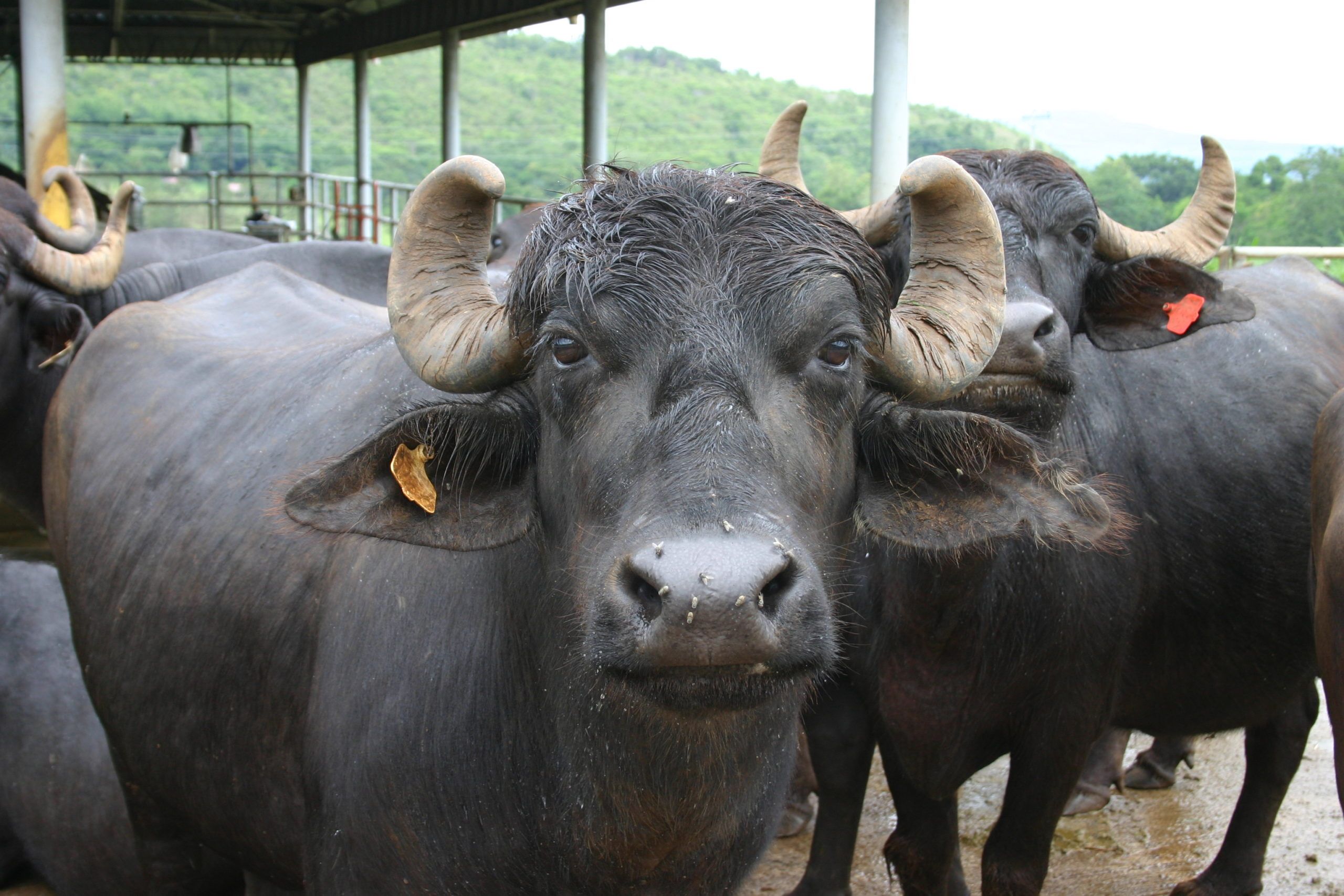Editor’s note: Nibedita Deb is a portfolio manager for impact at the Centre for Innovation Incubation and Entrepreneurship (CIIE), the business incubator of The Indian Institute of Management Ahmedabad. CIIE recently launched a new accelerator for agriculture-focused startups, but has been supporting the sector for a few years now, including its involvement with farming solutions business Sickle Innovations. Here Deb describes a new trend among startups in India involving Sickle.
The Indian agricultural economy has received a new thrust on its innovation quotient as more entrepreneurs address the pain-points of players at various levels in the value chain, starting with the farmers at one end to the end-users of agri-based products at the other. An emerging trend in the industry has been that of giant domain-focused corporates joining hands with promising young start-ups to bring about ‘Indianization’ of agriculture tools, equipments and practices aimed at increasing productivity and better realization of prices by farmers.
An interesting case in point here is the process of milking by farmers and the choice of tools that is currently available to them. The milking machines that are available in the market are only suitable for HF or similar hybrid cows, and don’t work well with buffalo and desi cow breeds, whereas India produces more buffalo milk than cow milk. Also, farmers in India often keep a herd size of 100-150 cows and they stay far in fields where there is no electricity.
A giant corporate entity, which is a reliable front runner in the manufacture and supply of a complete range of milking equipment, had been importing milking machines from abroad and marketing them in India. Soon, the corporate entity realized that the machines were not what the farmer needed, and the solutions were not cost-effective either.
So the Centre for Innovation Incubation and Entrepreneurship (CIIE), the business incubator of The Indian Institute of Management Ahmedabad, facilitated discussions between this corporate entity and one of its startups, Sickle Innovations, a farming solutions company. Sickle, which works on improving conventional farming practices through design intervention, has joined hands with this corporate as a design partner to co-develop low-cost milking machines that are suited to Indian conditions and usage patterns.
Nitin Gupta, the co-founder of Sickle Innovations, recently told me: “We were initially a little uncertain about this plan of co-development with a big corporate, but we have been proven wrong. They have been very cooperative with us in mentoring us through this project and bringing out the best in us. After performing the initial studies, we are quite surprised that there has been absolutely no innovation in terms of usability in the current milking machines being sold in India. The designs are exactly same as in their parent county whereas the requirements in India are very different. We are putting our best efforts to resolve these issues through this partnership.”
Sickle has taken on the herculean task of mapping the milking market in India in terms of the needs of the users which will be translated to its core product design. Coupled with the team’s engineering acumen to lower cost, reduce maintenance requirements and make the final solution less power hungry, the project’s purview extends beyond technology to benchmarking studies against existing substitutes and a study of consumer behaviour.
While Sickle will provide the market and design inputs to the corporate entity, the latter will bring in reach, brand, and experience, making the duo complementary to each other and furnishing all the necessary ingredients to create a successful innovation. The 10-year contract is an important step forward by the corporate-start-up partnership model, that could go a long way in addressing the milking plights of farmers in India. We believe that such partnerships will create mutually beneficial win-win models for both startups and corporates in the country, and fuel new innovation that will cater to the unaddressed gaps in the country.
Have news, tips or want to write a guest article? Email [email protected].
— Visit AgFunder.com for agtech investment opportunities —





